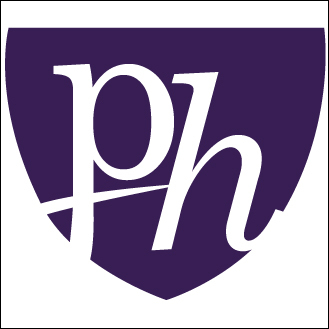Storify: “Disability Studies, the MLA, and the AAUP Report ‘Accommodating Faculty Members Who Have Disabilities'”
Reply

 [This is a joint post by Jen Guiliano, assistant director of the Maryland Institute for Technology in the Humanities, and George H. Williams, associate professor of English at the University of South Carolina Upstate.
[This is a joint post by Jen Guiliano, assistant director of the Maryland Institute for Technology in the Humanities, and George H. Williams, associate professor of English at the University of South Carolina Upstate.
This post was originally published on September 20, 2012 at ProfHacker.]
Consider this a call to digital humanists generally and more specifically to the project directors (from 34 different projects) who attended today’s Project Directors meeting at the National Endowment for the Humanities’ Office of Digital Humanities:
What is your project doing to address accessibility for people with disabilities?
Today’s meeting is a gathering of project directors from the Digital Humanities Start-up Grants, Digital Humanities Implementation Grants, and the Institutes for Advanced Topics in the Digital Humanities competitions. Each project gets just three minutes and three powerpoint slides to introduce their project and their concerns, so we’re taking the liberty of publishing a blog post as a follow-up.
Over the last several decades, scholars have developed standards for how best to create, organize, present, and preserve digital information so that future generations of teachers, students, scholars, and librarians may still use it. What has remained neglected for the most part, however, are the needs of people with disabilities. As a result, many of the otherwise most valuable digital resources are useless for people who are–for example–deaf or hard of hearing, as well as for people who are blind, have low vision, or have difficulty distinguishing particular colors.
 Summary: Has ProfHacker helped you become a better teacher? Has it helped you improve your research? Has it given you a better sense of how higher ed works? Has it been valuable in other ways? If so, would you be willing to write up a short letter or email about the ways in which ProfHacker has been valuable to you? Doing so would be very helpful to those of us who work on the site.
Summary: Has ProfHacker helped you become a better teacher? Has it helped you improve your research? Has it given you a better sense of how higher ed works? Has it been valuable in other ways? If so, would you be willing to write up a short letter or email about the ways in which ProfHacker has been valuable to you? Doing so would be very helpful to those of us who work on the site.
Read on for details…
[Notes taken during September 2010 meeting at NEH]
Paula Wasley: pwasley@neh.gov – 202-606-8424
Meredith Hindley: mhindley@neh.gov – 202-606-8452
Our work combines digital humanities expertise with the important insights of disability studies in the humanities, an interdisciplinary field that considers disability “a way of interpreting human differences,” in the words of Rosemarie Garland-Thomson. Digital knowledge tools that assume all end-users approach information with the same abilities risk excluding a large population of people.